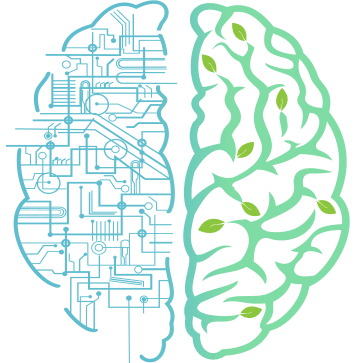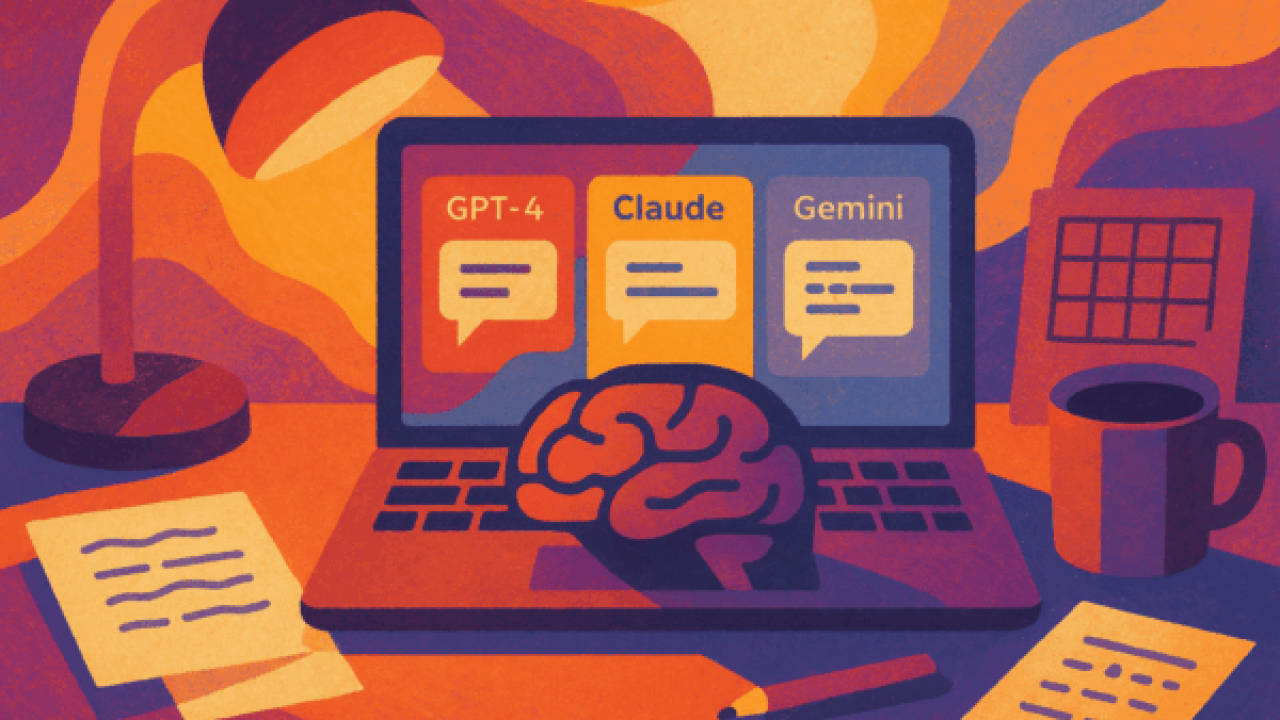Are you familiar with biohacking? It’s a term that refers to using science and technology to improve your physical and mental performance. In other words, it’s all about using different techniques and tools to hack your body and mind to be the best it can be.
So, what is biohacking all about? Essentially, it’s about finding ways to optimize your health and performance in order to live a better life. This can include things like eating a healthy diet, exercising regularly, getting enough sleep, and managing stress. But biohacking also involves using tools and techniques that go beyond the basics in order to give you an extra edge.
One of the most popular techniques in biohacking is the use of nootropics. These are substances that can improve brain function, including things like memory, focus, and creativity. Some people use nootropics in order to boost their productivity at work, while others use them to improve their performance in sports or other activities.
So, is biohacking safe? As with any kind of self-improvement, it’s important to do your research and make sure you’re using safe and effective techniques. The use of some biohacking methods, such as nootropics, can be controversial, so ensure to use them in a responsible manner. It’s always a good idea to talk to a doctor or other healthcare professional before trying any new technique or tool, especially if you have any underlying health conditions.
Overall, biohacking can be a great way to optimize your health and performance and live your best life. Just be sure to do your research and be careful when trying out new techniques and tools. It is possible to achieve your goals and to live your best life through biohacking with the right approach.
Here are a few examples of biohacking techniques that have been scientifically proven to be effective:
- Exercise: Exercise improves cardiovascular health, prolongs lifespan, and reduces the risk of chronic diseases. Exercise has been shown to increase the production of a chemical called brain-derived neurotrophic factor (BDNF), which plays a crucial role in the growth and maintenance of neurons in the brain. This can lead to improved cognitive function, including enhanced learning and memory.
- Sleep: Sleep is essential for optimal health. It improves cognitive function, improves mood, and strengthens the immune system. Sleep helps to consolidate and process memories, clear out waste toxins, and improve cognitive function, including learning and memory.
- Diet: Eating right is important for health and performance. Increasingly, studies are showing that eating whole, unprocessed food and eating less sugar, salt, and unhealthy fats can affect how we think and certain nutrients play a big role in this. Diet may influence cognitive function through its effects on cellular functions and molecular systems.
- Stress management: It is well known that chronic stress can negatively affect both the physical and mental health of individuals. Meditation, deep breathing, and yoga can reduce stress and improve well-being. Learning and memory depend on synaptic plasticity, which refers to the ability of neurons to change in response to experiences. Studies have shown that managing stress can improve synaptic plasticity, which could lead to improved cognitive performance.
- Nootropics: Some nootropic substances, such as caffeine and piracetam, have been shown to have cognitive-enhancing effects and may be helpful in improving focus and memory. A powerful flavonoid compound, baicalin, is good for preventing neurodegenerative diseases and protecting neurons. In addition to reducing oxidative stress and inflammation, it stimulates neurons to make protective factors. These properties make baicalin an excellent choice for promoting overall brain health and preventing cognitive decline.
It’s important to note that while these techniques have been scientifically proven to be effective, individual results may vary and it’s always a good idea to consult with a healthcare professional before trying any new technique.






